botulism in babies timeline
Infantile botulism is the most common form of botulism infection and predominates 70 of all new cases of botulism annually. Infant botulism is caused by Clostridium botulinum spores which are sometimes found in both pasteurized and unpasteurized honey.
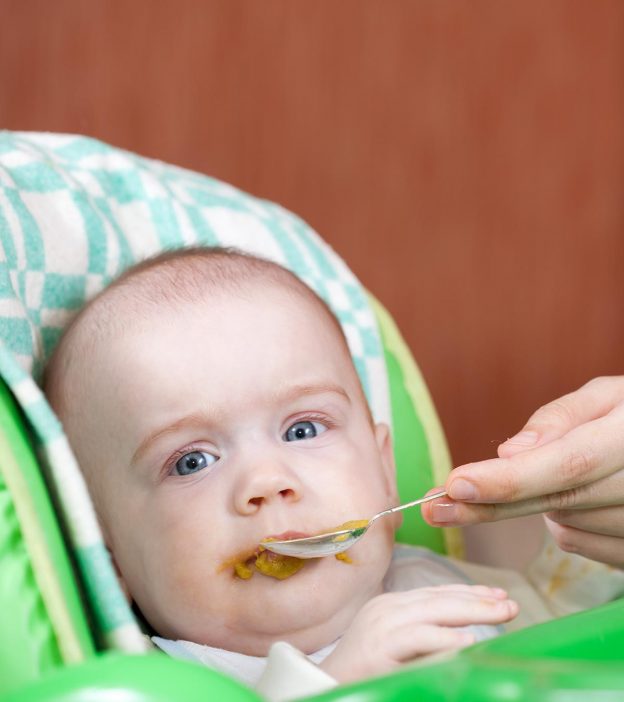
6 Month Old Baby S Food Chart And Recipes
If babies up to about 6 months old swallow botulinum spores the spores can germinate into bacteria.

. They need to be treated in a hospital. What Are the Signs Symptoms of Infant Botulism. Babies up to 6 months old are more likely to get infant botulism but it can occur in babies up to 1 year old.
Botulinum to flourish and colonize the large intestine resulting in infant botulism. Botulism in babies can occur when Clostridium botulinum spores are ingested. Consultation Treatment and Testing Steps Infant botulism is a medical emergency.
Blurred or double vision Dry mouth Drooping eyelids Difficulty swallowing Difficulty breathing Loss of ability to move arms and legs As infant botulism becomes more severe your baby may have additional. The disease results after spores of the bacterium Clostridium botulinum or related species are swallowed temporarily colonize an infants large intestine and produce botulinum neurotoxin. In the United States most cases of botulism occur in infants with an incidence of approximately two cases per 100000 live births.
Problems generally begin 18 to 36. 101159000060681 No abstract. First recognized in 1976 infant botulism occurs globally and is the most common form of human botulism in the United States.
The neurotoxin binds to cholinergic nerve terminals and cleaves intracellular proteins necessary for acetylcholine. Symptoms of wound botulism appear about 10 days after the toxin enters your body. It can affect babies up to age 1 but is most common between three weeks and six months.
Infant botulism usually affects babies who are 3 weeks to 6 months old. It can affect babies up to age 1 but is most common between three weeks and six months. The history of botulism Curr Probl Dermatol.
Symptoms usually appear within 12 to 36 hours within a minimum and maximum range of 4 hours to 8 days after exposure. Infant botulism is a novel form of human botulism in which ingested spores of the bacterium Clostridium botulinum colonize and grow in the infants large intestine and produce botulinum neurotoxin in it. Babies should be at least 12 months old before they eat honey.
Incidence of botulism is low but the mortality rate is high if prompt diagnosis and appropriate immediate treatment early administration of antitoxin and intensive respiratory care are not given. Babies with infant botulism might have. While this bacterial infection primarily affects newborns aged one to six months it has also been observed in babies as young as one week and as old as 12 months 2.
Do not wait for laboratory confirmation to initiate consultation or treatment. When the soil and dust become airborne your baby may breathe them in. Infant botulism is an intestinal toxemia.
When the spores reach your babys intestines they grow and release the toxin. It may occur as early as early as 6 days and as late as 1 year. The youngest reported patient was 2 weeks and the oldest was 12 months.
Hence close contact between these babies and other infants eg sharing crib and toys should be avoided while such excretion may be continuing. Botulism is a rare but serious illness that causes paralysis. Infant botulism is a rare and underdiagnosed disease caused by BoNT-producing clostridia that can temporarily colonize the intestinal lumen of infants less than one year of age.
Infant botulism is caused by a neurotoxin produced by the spore-forming. Infant botulism occurs most often in infants 6 months. But theyre commonly found in soil and dust.
Children with infant botulism may experience a variety of symptoms including. Infantile botulism is caused equally by Type A and Type B serotypes. Symptoms Foodborne botulism.
Care should be taken when canning fruit vegetables and meat at home. Infant botulism most commonly affects babies 3 weeks to 6 months old but babies are at risk until they are 1 year old. Unlike food-borne botulism infant botulism is caused by ingestion of spores not by ingestion of a preformed toxin.
Honey is a common cause of botulism in babies under 12 months old. Although infant botulism is rare timely diagnosis is essential because 50 to 70 of affected infants. Infants will ingest contaminated milk or food and the neurotoxin will colonize and replicate in the large intestine.
Symptoms can begin 3 to 30 days after the spores are swallowed. Infant botulism is an illness that can occur when a baby ingests the bacterium Clostridium botulinum. Botulism is a serious condition.
But all babies are at risk for it until their first birthday. The lack of protective intestinal flora and Clostridium-inhibiting bile acids in a babys intestines allows C. Bacteria from the spores can grow and multiply in a babys intestines producing a dangerous toxin.
Symptoms of foodborne botulism typically begin 12 to 36 hours after the toxin gets into your body. Botulism is a potentially lethal neuroparalytic disorder caused by the toxins produced by Clostridium botulinum. The source of the spores isnt always known.
Honey is a known source of the bacteria spores that cause botulism. Excretion of organisms in feces may continue for as long as three months in infant botulism patients and even longer in rare instances. Constipation often the first sign that parents notice weak facial muscles that makes their face look flat a weak cry.
The diagnosis may be challenging because of its rareness especially in patients showing atypical presentations or concomitant coinfections. Children under the age of 12 months are most at risk of infection. Its so rare most doctors will go their whole careers without ever seeing it.
What are the symptoms. Botulism fact sheet. Infant botulism usually affects babies who are 3 weeks to 6 months old.
Infant botulism was described in 1933 but at. Author Michael L Geiges 1 Affiliation 1 Department of Dermatology University Hospital of Zurich Switzerland. Botulism can occur following the ingestion of contaminated food soil or dust.

Babydoc Club Irl Honey Can Be Dangerous For Baby Delicious In Porridge But This Sweet Treat Has Been Linked To Rare But Serious Infant Botulism The Fsai Food Safety Authority
:max_bytes(150000):strip_icc()/GettyImages-854287660-b71e81cb670d4c5ca55526c44ab7130e.jpg)
Newborn Cold What You Should Know

When Can Babies Eat Cheerios Sneakpeek
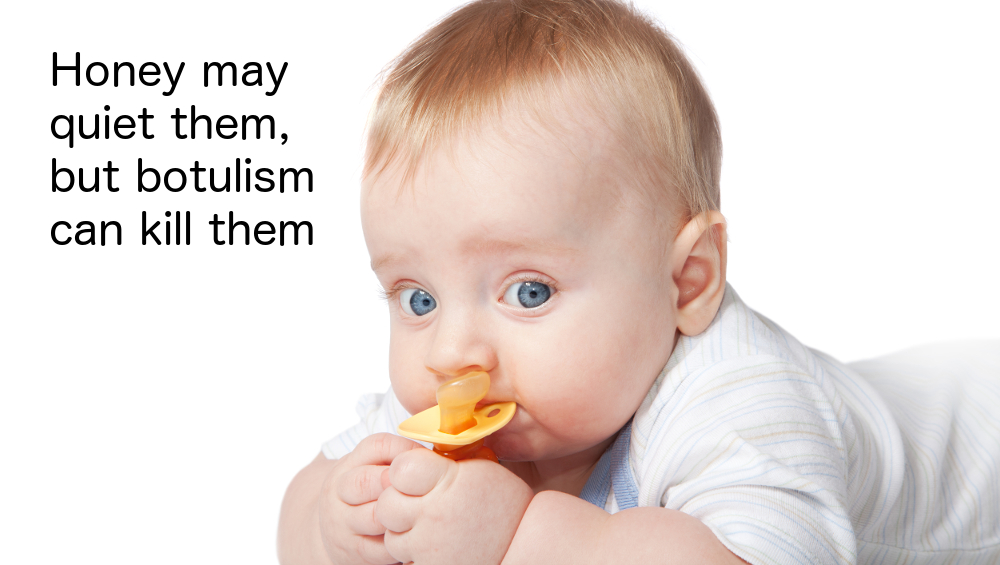
Botulism Strikes 4 Infants Fda Warns Parents Against Using Honey On Pacifiers Food Safety News

Urgent Warning Issued For Parents To Check Pacifiers After 4 Babies Hospitalized For Botulism Funny Pictures For Kids Pacifier Infant

From Milk To Solids Baby Food Guidelines For The First Year

My Little Moppet Top Parenting Blog In India Baby Breastfeeding Parenting Blog Baby Quotes

Introducing Solids A Month By Month Schedule Free Printable
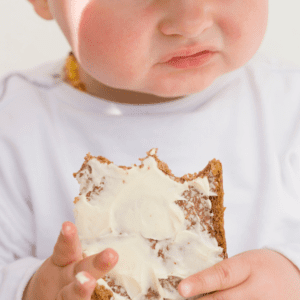
All About Bread For Babies My Little Eater
:max_bytes(150000):strip_icc()/babys-first-year-14-5b7c174cc9e77c0050bca8cc.png)
8 Month Old Baby Milestones And Development
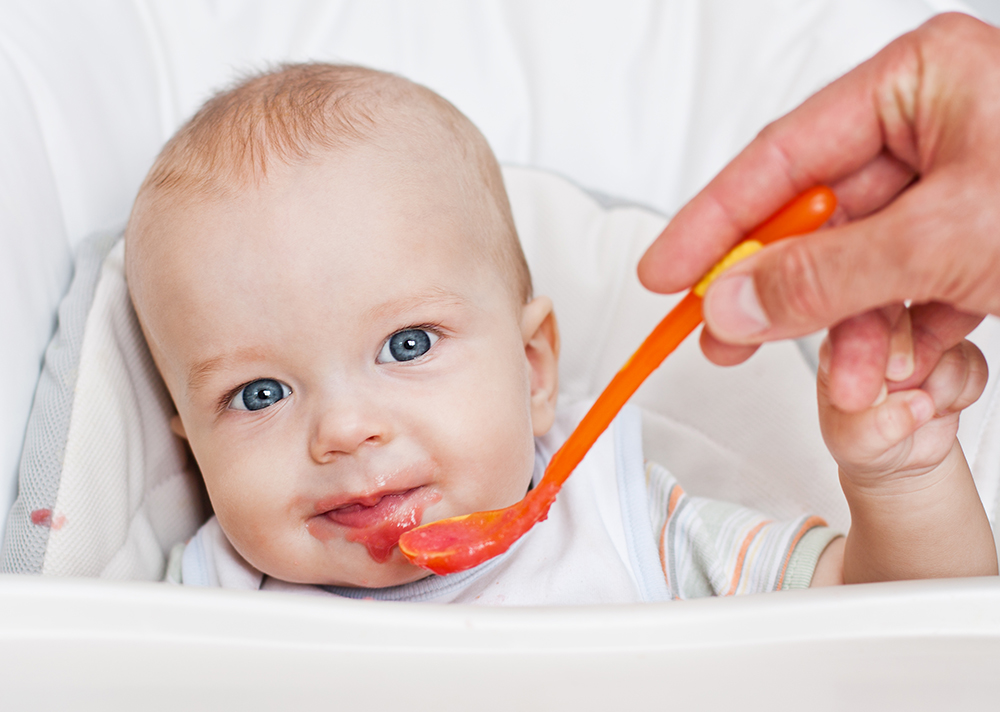
Nourishing A Growing Baby The Weston A Price Foundation

What Parents Need To Know About Botulism

Sengupta Hospital And Research Institute Infant Botulism Happens When A Baby Ingests Bacteria That Produce A Toxin Inside The Body Here Are The Symptoms Facebook

Baby S First Foods How To Introduce Solids

Information For Health Professionals Botulism Cdc
:max_bytes(150000):strip_icc():gifv()/oksanakuzmina00-0d38721bf51b4a2db564bde93e627237.jpg)
Baby Teeth Frequently Asked Questions
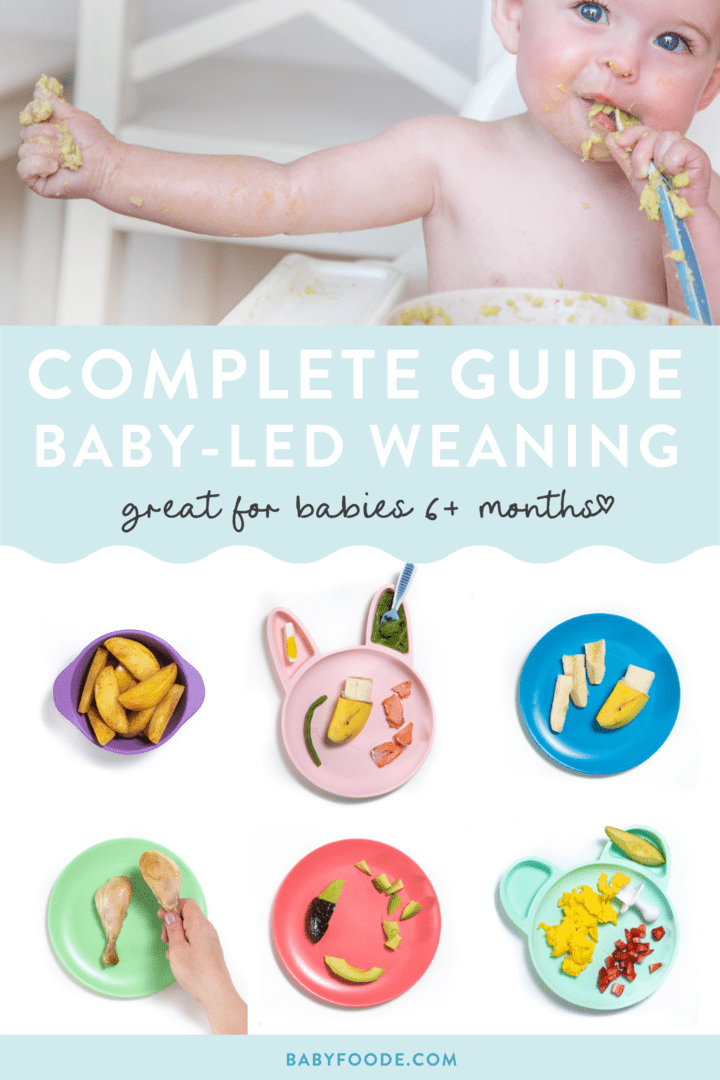
Complete Guide To Baby Led Weaning Recipes Tips More Baby Foode

When Can Babies Eat Cereal And How To Introduce Other Solid Foods Familyeducation

Same Day Family Relationship Oracle Card Reading Etsy Canada